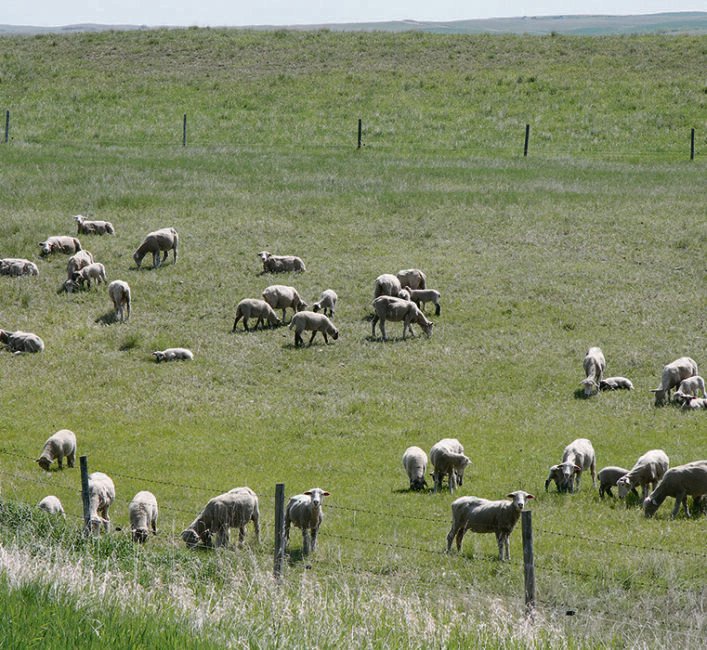Sask. finds first anthrax since 2019

Anthrax has killed at least one sheep and possibly four others in a flock east of Regina.
The provincial agriculture ministry confirmed the cause of death in a July 8 news release.
The affected farm is in the Rural Municipality of South Qu’Appelle, which includes the communities of McLean, Qu’Appelle, Edgeley and Avonhurst.
Chief veterinarian Dr. Stephanie Smith said it is the first confirmed case since 2019.
“This is a classic time of year for these cases to occur and certainly with the dry conditions not surprising at all,” she said.
“Bison, cattle, sheep and goats, deer and elk are all quite susceptible to anthrax.”
Horses can also be affected. Dogs and cats tend to be more resistant, but farm dogs should be kept away from any deadstock to prevent scavenging.
Human infection is rare.
Anthrax is spread by spores in soil that are disturbed when it is particularly dry or wet, or excavated. Animals can ingest the spores when grazing.
Symptoms occur quickly, and include staggering, shortness of breath, trembling, collapse, convulsions and death. There can be bloody discharge from openings such as the nose.
Carcasses should not be moved. Producers should contact their veterinarians if anthrax is suspected.
Anthrax must be reported to Smith’s office and the Canadian Food Inspection Agency.
“Vaccination is the key,” she said. “That is the one thing we do recommend, particularly in areas of the province where there have been previous anthrax outbreaks.”
A map on the provincial website shows all locations where it has been found since 1948.
Affected sites are quarantined to prevent spread until at least seven days after the last confirmed death has been reported. Vaccines also take seven to 10 days to take effect.
Smith said in this case the carcasses have been disposed of properly and the producer is working with a veterinarian to implement an anthrax management plan.
She said it is difficult to predict when or where anthrax will be a problem; there is always a risk.
Producers should monitor their animals and watch for abnormal behaviour or any sudden deaths.
The ministry will pay for anthrax testing at Prairie Diagnostic Services but the costs of disposal and any cleaning or disinfection are producers’ responsibility.
Source: www.producer.com

